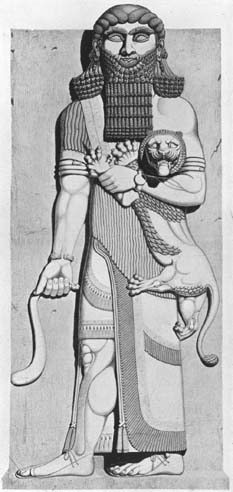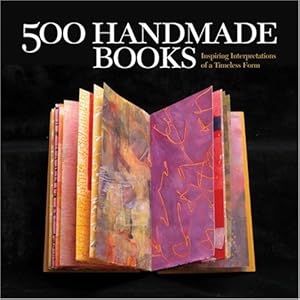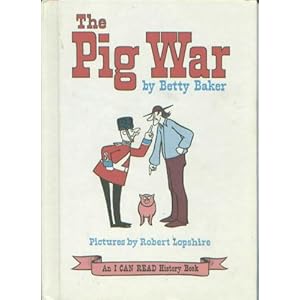Ah, the esoterics, the occultists of the turn of the century. How amusing you are now. I began flipping through a few of the books to sample them. "Okay," I thought, "you had me at 'The Philosopher's Stone and the mystic Elixir Vitae have a real existence and may be discovered by those who diligently search.'"
So if I haven't been updating as often, it's because I've been searching for the Elixir Vitae.
 |
| Eventually, the book claims, humans will reach a higher form where we all have flowers for heads. I am not joking. |
The book I read from this section, "The Archetype or Heavenly Pattern of the Human Body", published 1937, was filled with such jollities as:
-Claiming that human civilization had been around for centuries before the central nervous system was invented.
-Alignments of archangels, planets, and Zodiac signs.The slanted form of this list is representative of the Etherealized Form with influences of Ares and the Archangel Gabriel.-Reincarnation blended with pantheism blended with Christianity.-The superior race, the Aryans.-Claiming that each cell of the human body is composed of just Earth, Air, Fire, and Water. (Geez, molecular bio people, you claim it's"hard"? Seriously, memorizing four things? Give me a break.)-Humans began as a gaseous form and coalesced as they evolved.-The nucleus of each cell is visible as a glowing spark of immortal fire.
Until my existence concentrates in this Astral Plane again! (Catch ya later!)















